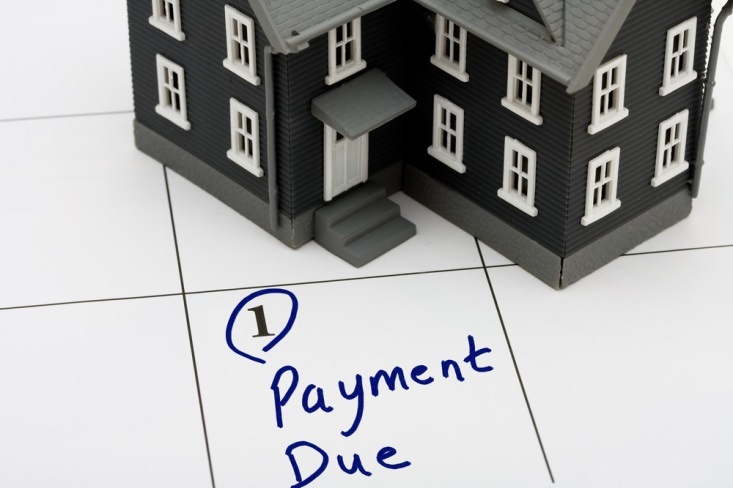
Forbearance vs. Deferment
Lenders are now offering opportunities for relief from the ramifications of the COVID-19 virus pandemic. Unemployment is high, and the effects of business closures are affecting most of us. This article will explore a few policies offered by many lenders that are designed to provide some breathing space for those with mortgages that have suddenly become difficult to maintain.
When we apply for and are approved for a mortgage, we generally say, “Yay, I got a mortgage.” In actuality, we gave the mortgage to the bank, and the bank lent us money. The bank then sells the mortgage to the “Secondary Mortgage Market,” a large portion of which is Freddie Mac and Fannie Mae. Freddie and Fannie give the bank money for the mortgages, which the bank in turn lends to borrowers when the borrowers give the bank a mortgage, which the bank sells, and on and on and on. When this happens, the mortgage is considered to be “Government Backed.” Being government backed, Freddie and Fannie make the rules (income to debt ratios, required credit scores, length of time at your job, etc.) that tend to determine if one qualifies for the loan.
A Portfolio loan is when the bank decides to lend an applicant “in house” money. These are the bank’s own funds, and these loans are not generally targeted to be sold. This way, if an applicant looks good, but is held up by rules such as length of time in a profession, or other circumstances, the bank may still offer the financing to the applicant.
Forbearance is a form of relief offered by many lenders for government backed loans. In essence, the borrower does not need to make principle and interest payments for 6 months. The downside to forbearance is when it comes time for payment on the seventh month, you not only resume with the normal payment, but there is also a balloon consisting of the previous 6 months of payments. Seven months of payments is a big chunk, so careful consideration and possibly consultation with a CPA and/or financial advisor and/or attorney is a good idea. Be certain to ask your lender specific questions on their policy regarding forbearance.
Deferment is a form of relief that lenders provide non-government backed loans, such as portfolio or in-house loans. The terms of a deferral state that borrowers are not required to make monthly payments for a period of three months. During this time the loan will continue to accrue interest. Once the deferment period ends (three months), borrowers are required to start making monthly payments. The first monthly payment that is made after the deferment period will be used towards the accrued deferred interest. The mortgage is re-amortized at the original interest rate to ensure that the original mortgage payment amount is unchanged. Any balance of deferred principle and interest is added as a balloon payment to the final mortgage payment at the end of the mortgage term.
It is advisable to continue to make escrowed payments (i.e. taxes and insurance, etc.) each month during the deferral period in order to keep the original mortgage payment the same. If escrow payments are not made during the deferral period, the bank may very well increase your payment at the end of the deferral period to make up the shortage in the escrow account.
Both of these policies are appropriate for homeowners as well as landlords with investment properties. One needs to carefully consider which policy best serves a specific scenario that one might be facing.
Keep in mind that every lender may be somewhat different with how their policies regarding deferment and forbearance are implemented, and things may change as time goes on. These types of policies will probably change as the situation with the virus pandemic changes.
If possible, reach out to your lender to determine if you have a Government Backed mortgage, or a mortgage that is not government backed. Here are two sites that may be helpful if you are unable to reach your lender:
- Use Fannie Mae’s Loan Lookup Tool
- Use Freddie Mac’s Loan Lookup Tool
As always, please contact me directly if there is any way that I may be of assistance concerning real estate here on Maui.
![]()
Rick
Rick Wyffels, Realtor-Broker, RB-21621
MS, (Master of Science)
RSPS (Resort and Second-Home Property Specialist)
ABR (Accredited Buyer’s Representative)
808-495-6092
RickWyffels@HawaiiLife.com




Leave your opinion here. Please be nice. Your Email address will be kept private, this form is secure and we never spam you.